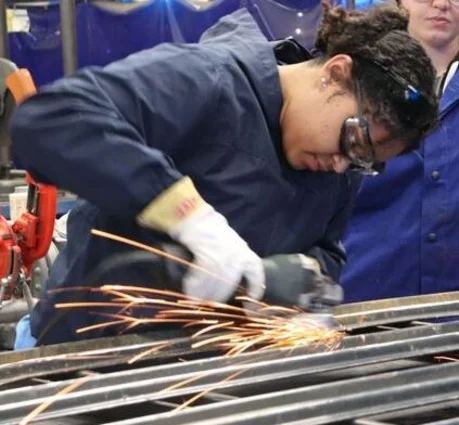The PhD programme in Civil Engineering at DR. C. V. RAMAN UNIVERSITY Vaishali, Bihar, Faculty of Engineering & Technology, aims to prepare scholars for impactful careers in academia and research. Designed by experienced and distinguished faculty, the programme is entirely research-based and conducted under expert supervision. Emphasizing an applied approach, it promotes strong research ethics and practical relevance in areas such as structural engineering, geotechnical engineering, highway engineering, hydraulic structures, and material technology, benefiting both researchers and field professionals
Duration of programme
Level of Study

Civil engineering is widespread, covering topics from nanomaterials to structural safety.
The field offers extensive study areas for designing and developing various structures.
This study benefits both society and the national economy.
Civil engineering encompasses thorough research and practical applications.
A candidate having M.E. or M.Tech. Degree of particular field is eligible to apply for this course.
On the basis of Merit / AJEE